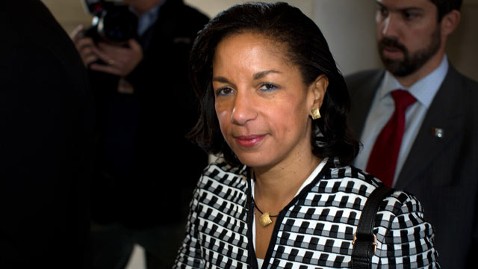BRUSSELS: EU leaders debated the euro's future in a bullish mood Thursday after deals on banks and Greece, despite fears that political uncertainty in Italy could cause new worries for the single currency.
As video showed the bloc's 27 leaders smiling and joking with each other at the beginning of a two-day summit, EU President Herman Van Rompuy said leaders should aim to cap a triumphant week that began with the European Union picking up the Nobel Peace Prize.
"We started the week well in Oslo. Let's finish it well here in Brussels with a further positive outcome," Van Rompuy said.
"The worst is now behind us, but of course much still needs to be done," he added as the leaders began deliberations on how to make the 17-nation eurozone more stable after a crippling three-year crisis.
The hero of the day was Italy's Prime Minister Mario Monti, hailed for tough reforms that have brought Italy back from the brink of financial collapse but who announced last weekend he would be stepping down.
"Confidence has been returning in Italy's capacity to solve problems," said European Commission chief Jose Manuel Barroso. "Let me praise Mario Monti and his government for this."
Jitters over Italy's political situation loomed over the summit, after Monti said he would soon step down and former leader Silvio Berlusconi indicated he might run for a fourth term.
But on the sidelines of the talks, Berlusconi hinted he might not put himself forward, telling Belgian television channel VRT that he had "so much to do" outside politics.
At the talks, leaders will debate a report drawn up by Van Rompuy that proposes steps towards greater economic integration in the eurozone, eventually with a common "fiscal capacity" and binding reform commitments.
Following on the heels of a summit only last month that collapsed over the EU's seven-year budget, the atmosphere was noticeably brighter after ministers sealed much-heralded agreements on supervising big banks and aid to Greece.
Greek Prime Minister Antonis Samaras exclaimed that "Grexit is dead", meaning the prospect of Greece leaving the euro currency area was no longer possible after ministers released bailout funds to avert bankruptcy.
After a buy-back programme designed to reduce Greece's debt mountain, Eurogroup head Jean-Claude Juncker said a first payment of 34.3 billion euros ($44.7 billion) would be flowing to Athens "as early as next week."
This instalment would go to help recapitalise Greece's crisis-wracked banks, to be followed by another 14.8 billion euros in the first quarter of next year.
An ecstatic Samaras, who has pushed through painful reforms demanded by creditors often in the face of violent protest, told reporters: "Greece is back on its feet. The sacrifices of the Greek people have not been in vain."
"Today is not only a new day for Greece, it is indeed a new day for Europe," he added.
"It is flying. It is happening"
Hours before the Greece deal, ministers charged the European Central Bank with monitoring banks with assets of more than 30 billion euros, or equal to 20 percent of a state's economic output from March 2014.
The agreement, which German Chancellor Angela Merkel said "cannot be valued highly enough", is the first step on the path towards a banking union and clears the way for EU bailout funds to recapitalise struggling banks directly.
Merkel called the move a "big step towards more reliability and trust in the eurozone."
The new Single Supervisory Mechanism (SSM) for the eurozone -- which Britain and Sweden will not take part in -- will mean the ECB directly supervising some 200 of the biggest banks out of the estimated 6,000 eurozone lenders.
ECB chief Mario Draghi hailed the accord as "an important step towards a stable economic and monetary union, and towards further European integration".
More excitedly, Barroso said: "You remember, when we spoke about this some time ago, people said it will not fly. It is flying. It is happening."
Merkel voiced some satisfaction as she looked back on a year of seemingly endless crisis summits, damaging market volatility and, at times, near break-up of the eurozone bloc.
"All in all, I want to state at the end of 2012 that we have achieved a lot. It was a very heavy year in terms of work but it was also a year in which we managed to make big progress," said the leader of Europe's biggest economy.
The head of the European Parliament, Martin Schulz, however complained that workers' rights had not been taken sufficiently into account.
"As the representatives of the people, we are annoyed that the social pact that we asked for has not been included in the report drawn up by Mr Van Rompuy," Schulz told reporters.
-AFP/ac












